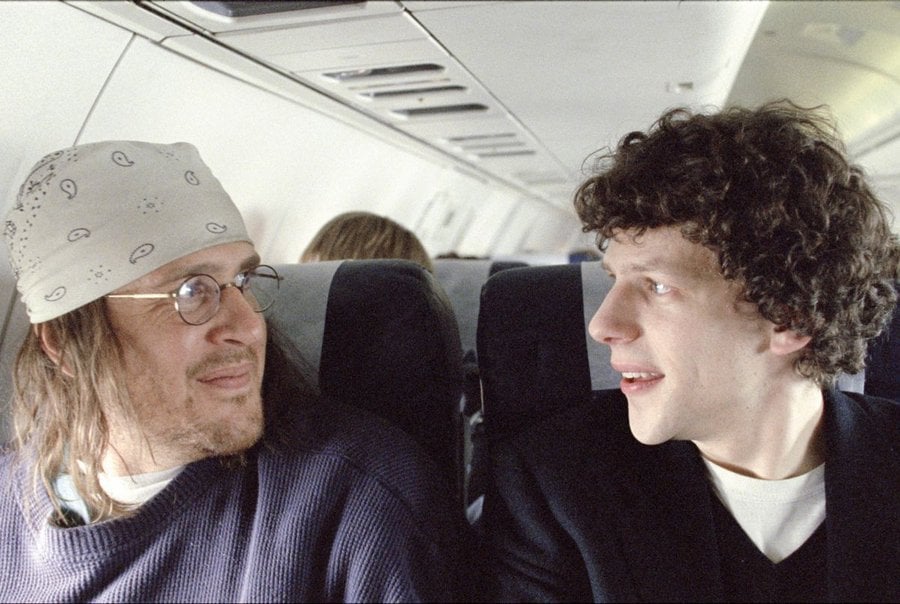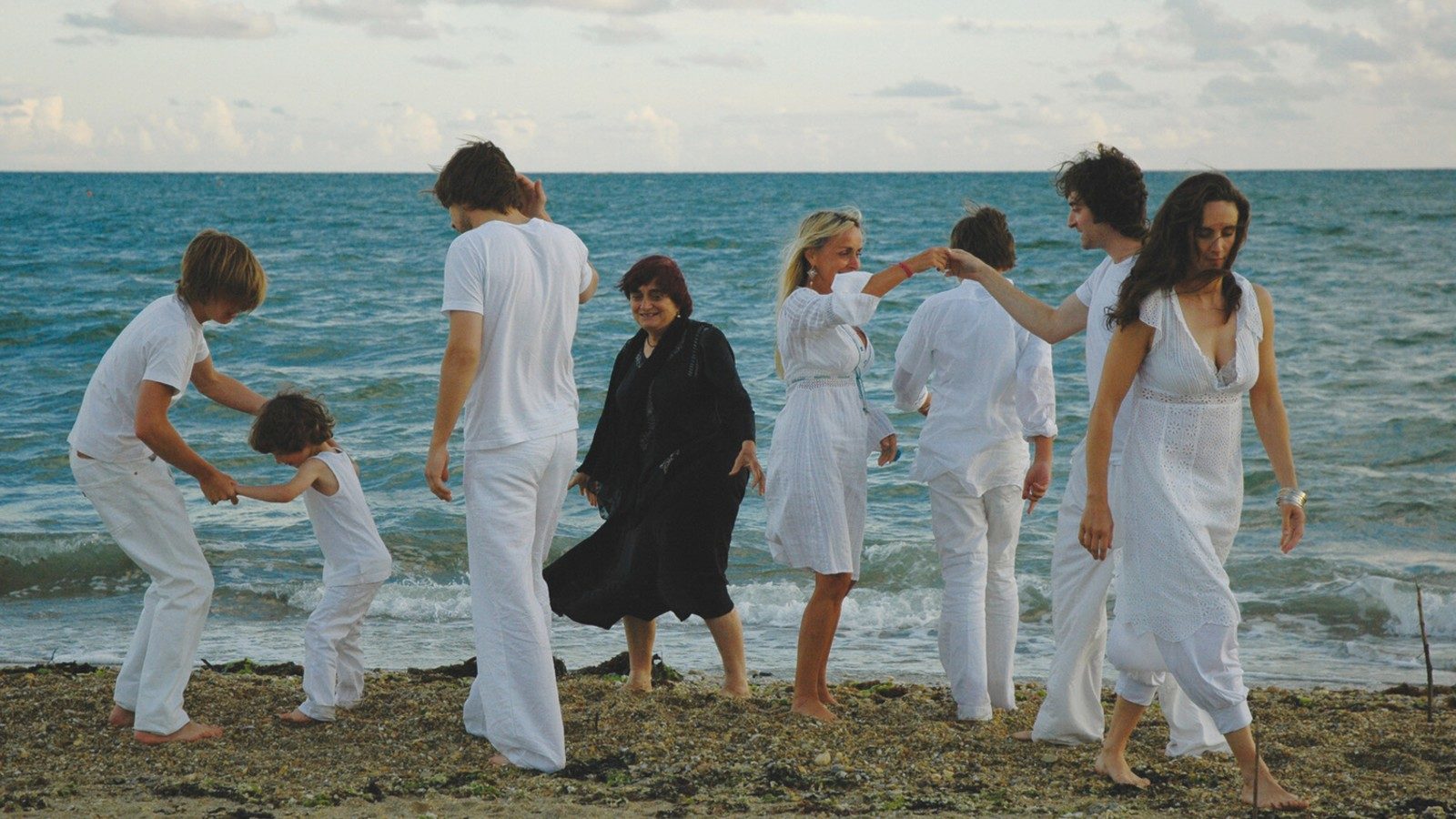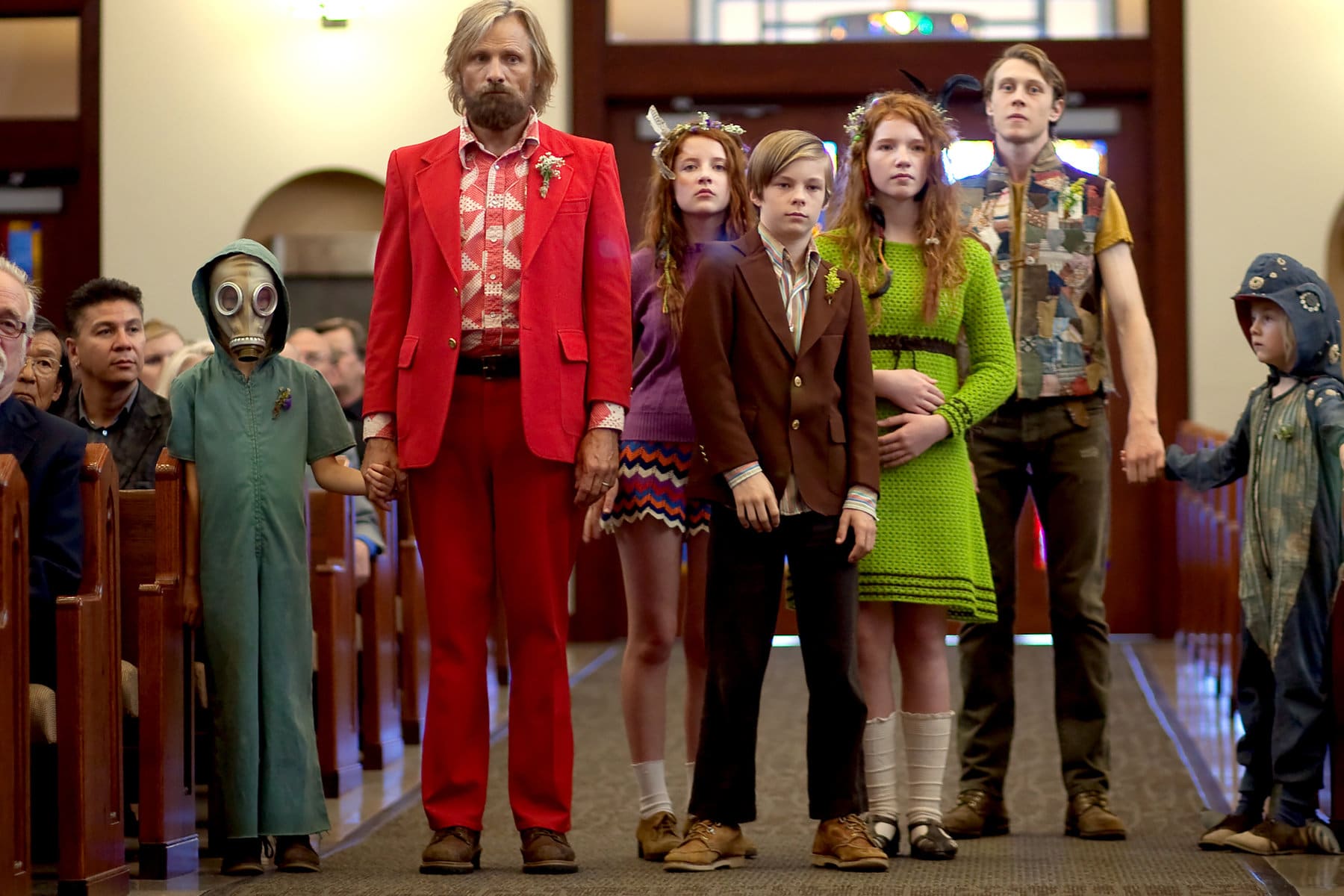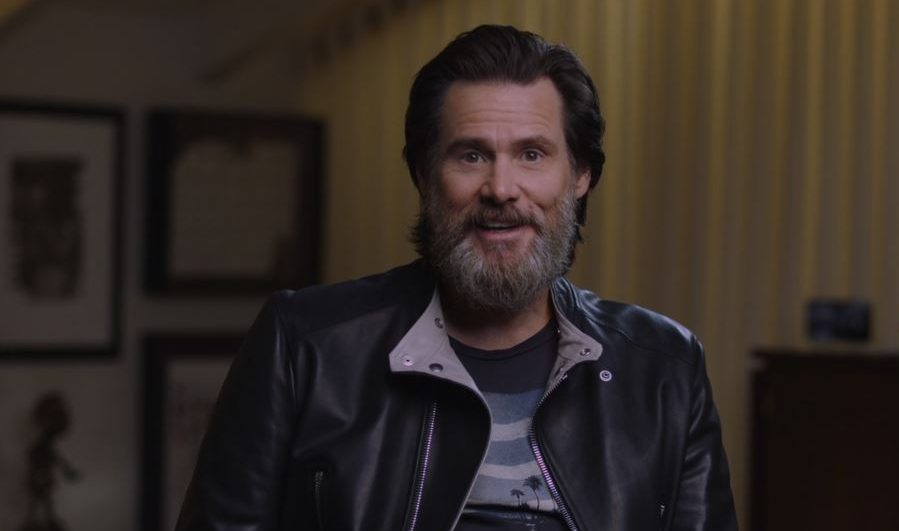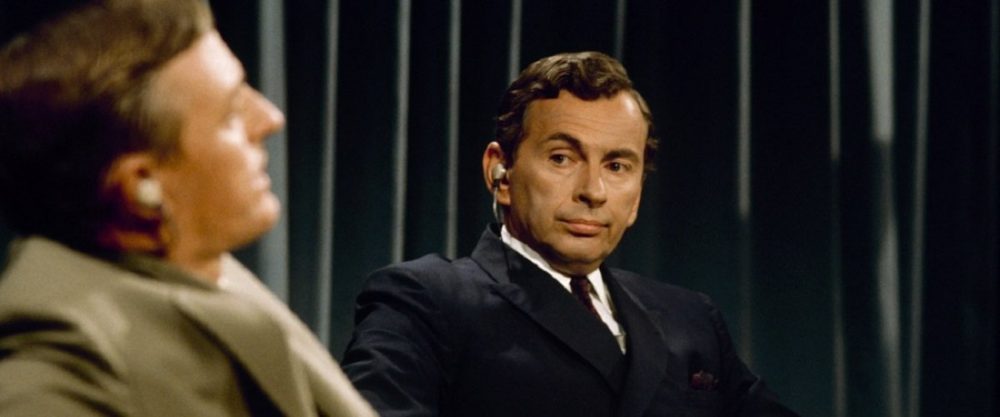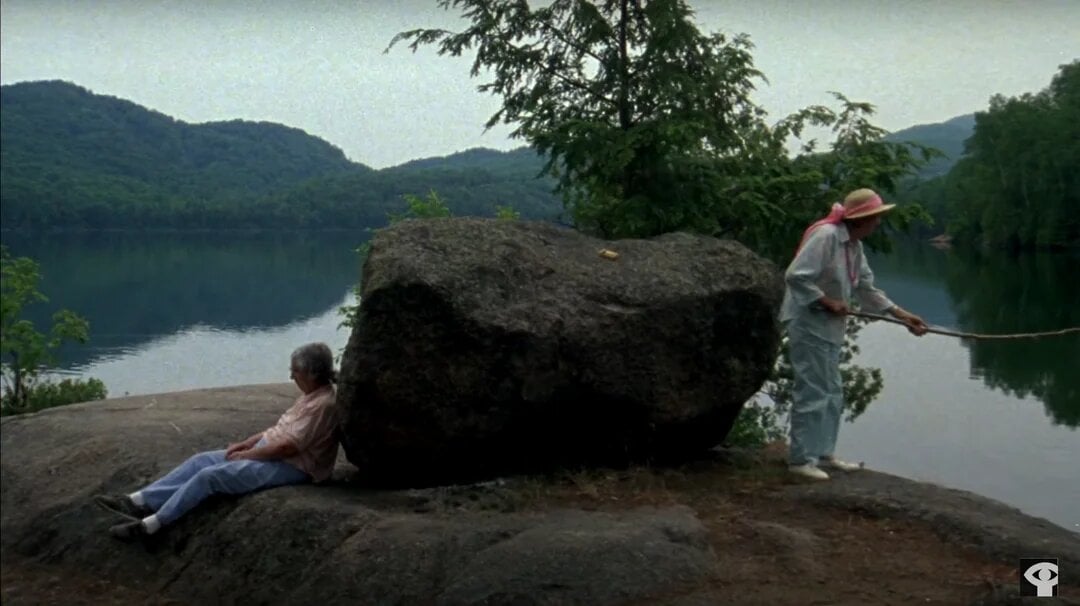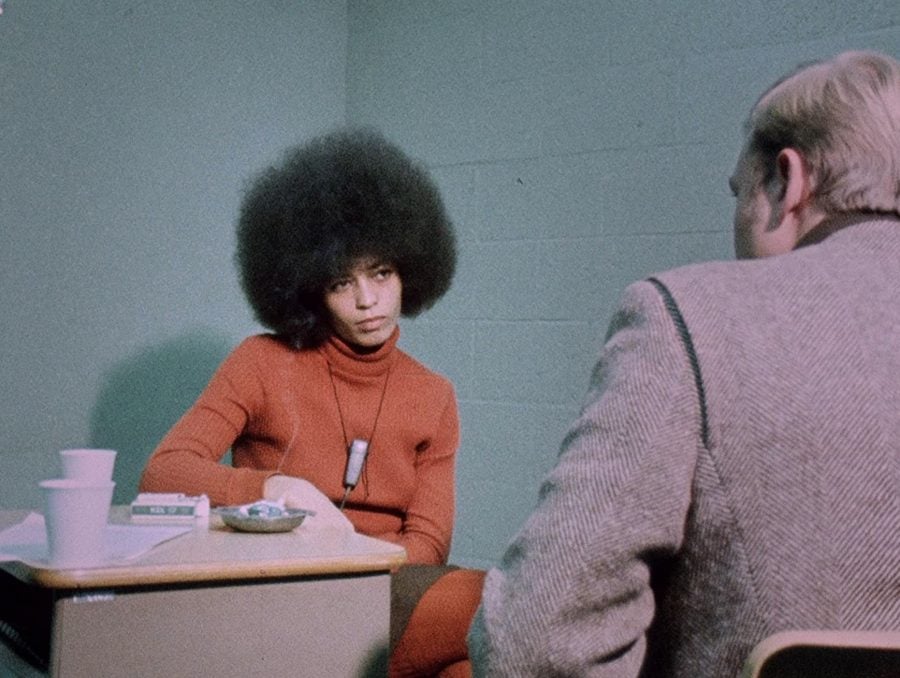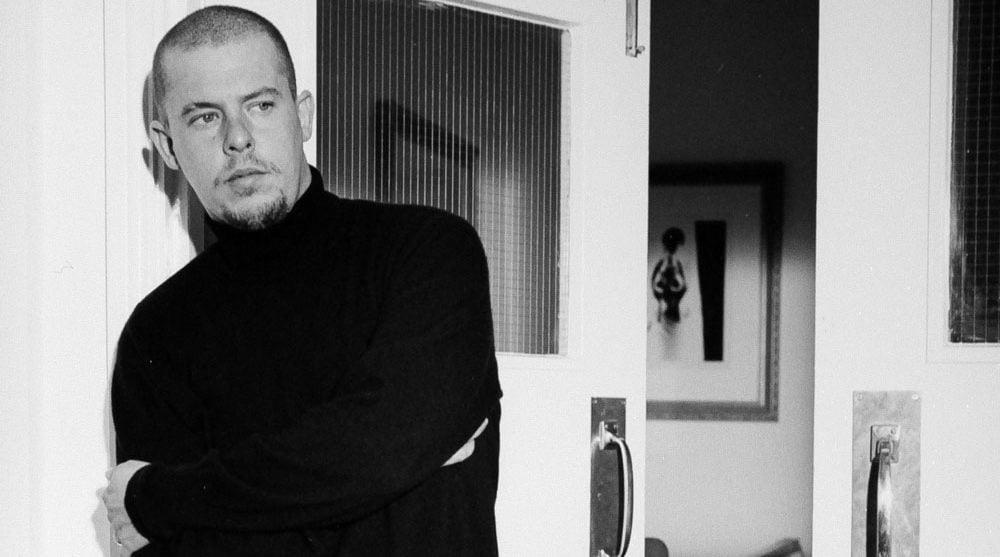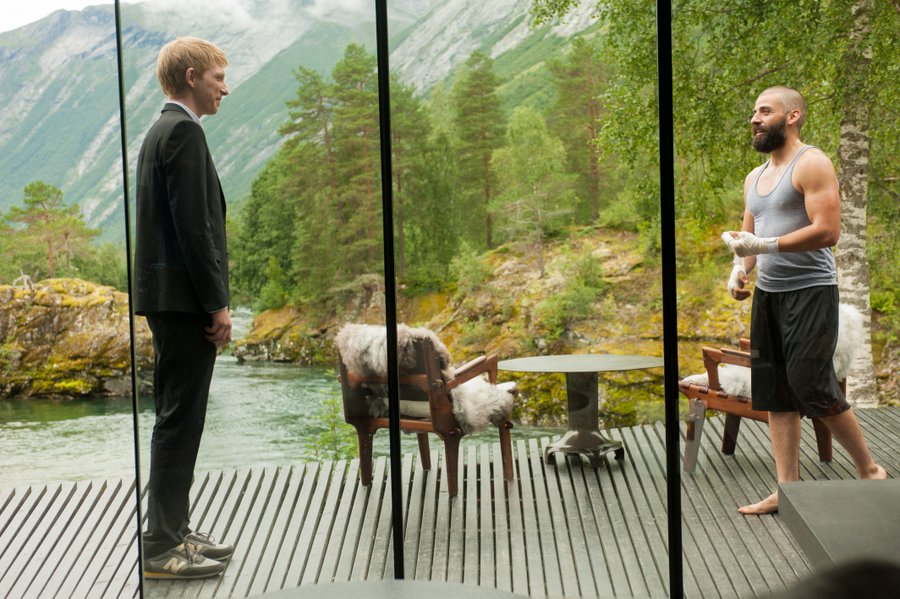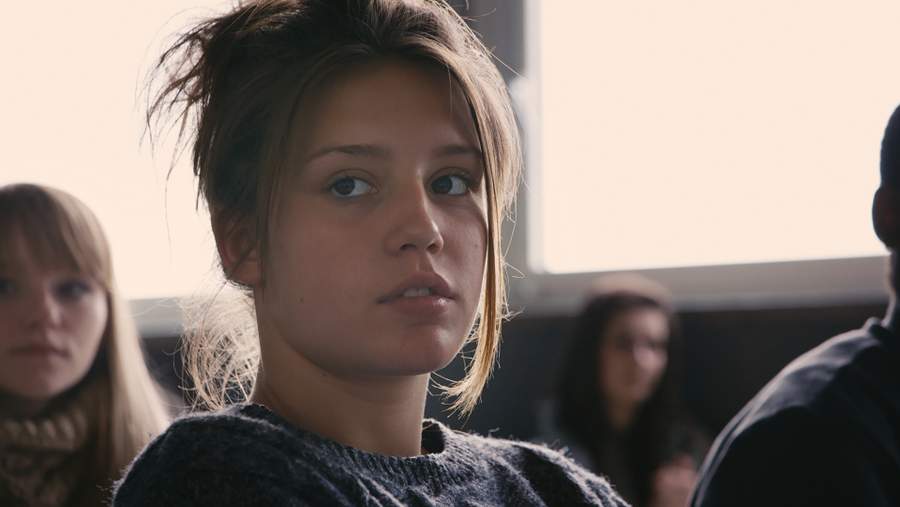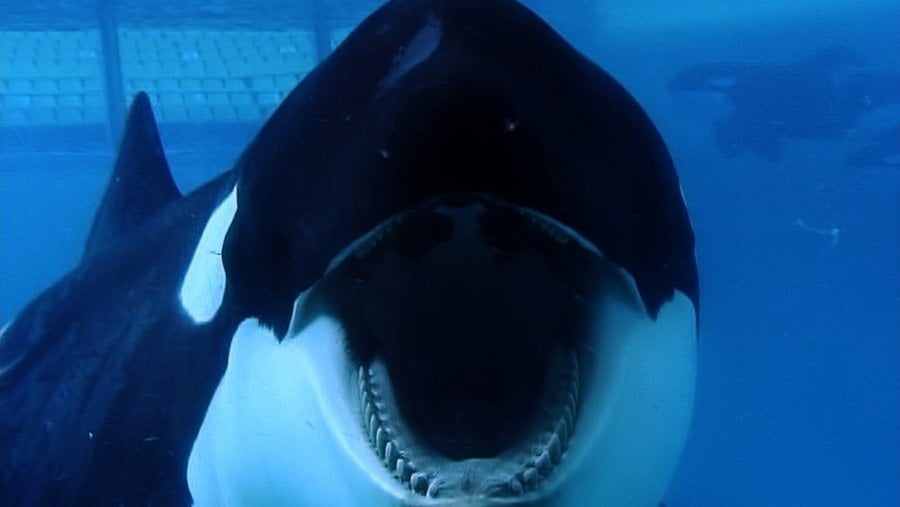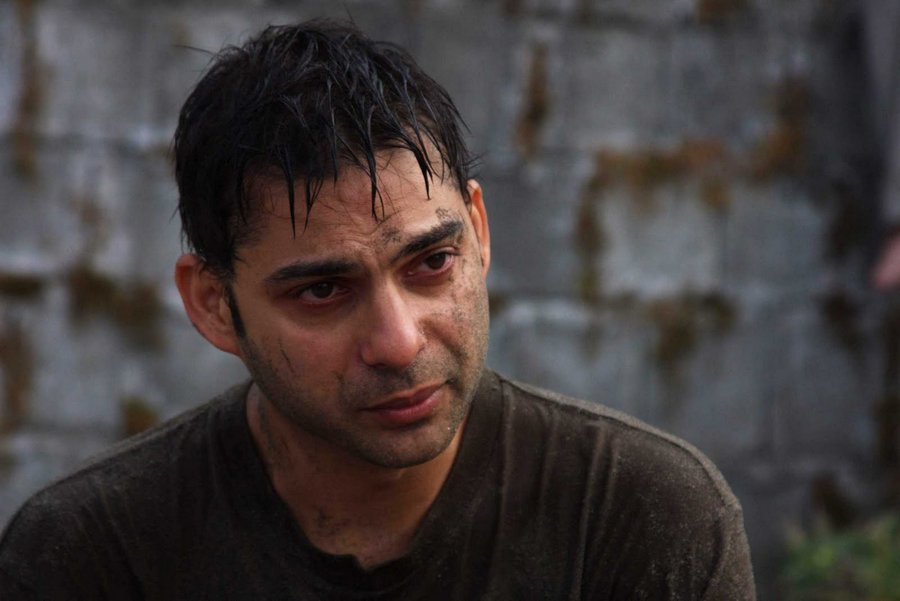It comes as no surprise that former Bond villain Mads Mikkelsen won Best Actor in Cannes for delivering on this challenging role. In this merciless thriller by Danish director Thomas Vinterberg, the ice-eyed actor plays Lucas, an out-of-luck high school teacher struggling to start a new life. After a bitter divorce, he returns to the close-knit community he grew up in to work as a kindergarten teacher.
A few weeks before Christmas, a child from his class, who has an innocent crush on the popular teacher, hints to a colleague that he had exposed himself to her. The young girl’s intimation galvanizes the small hunter’s town into a witch-hunt that leaves Lucas’ life hanging from a string. Trapped in the lies, the more he fights back, the more irrational the mob becomes. In all its brutal honesty, The Hunt is one of those rare thrillers that will haunt you for days. Extraordinary and thought-provoking!
Genre: Drama, Mystery, Thriller
Actor: Alexandra Rapaport, Allan Wibor Christensen, Anne Louise Hassing, Annika Wedderkopp, Bjarne Henriksen, Daniel Engstrup, Frank Rubæk, Jacob Højlev Jørgensen, Josefine Gråbøl, Jytte Kvinesdal, Lars Ranthe, Lasse Fogelstrøm, Lasse Fogelstrøm, Mads Mikkelsen, Mona C. Soliman, Nicolai Dahl Hamilton, Ole Dupont, Øyvind Hagen-Traberg, Rasmus Lind Rubin, Sebastian Bull Sarning, Søren Rønholt, Susse Wold, Thomas Bo Larsen, Troels Thorsen
Director: Thomas Vinterberg


